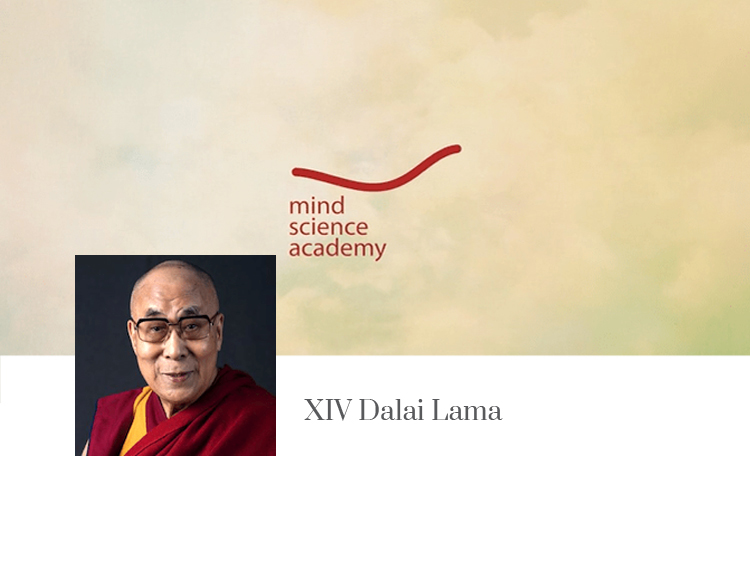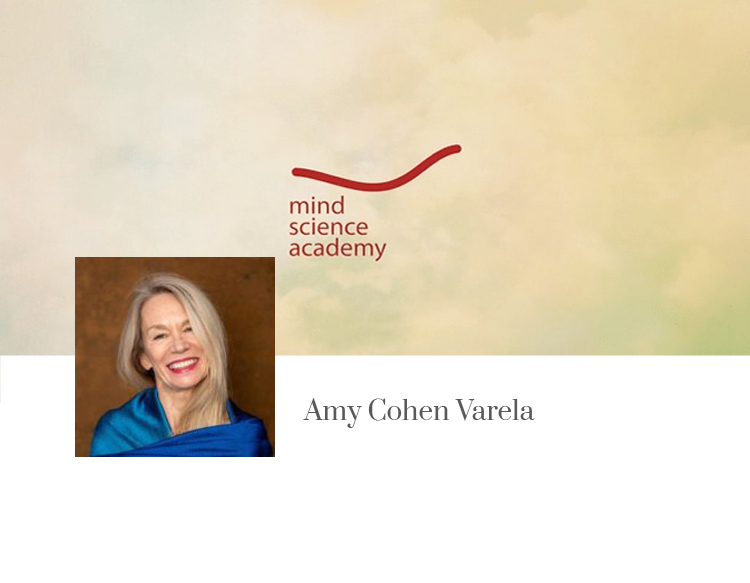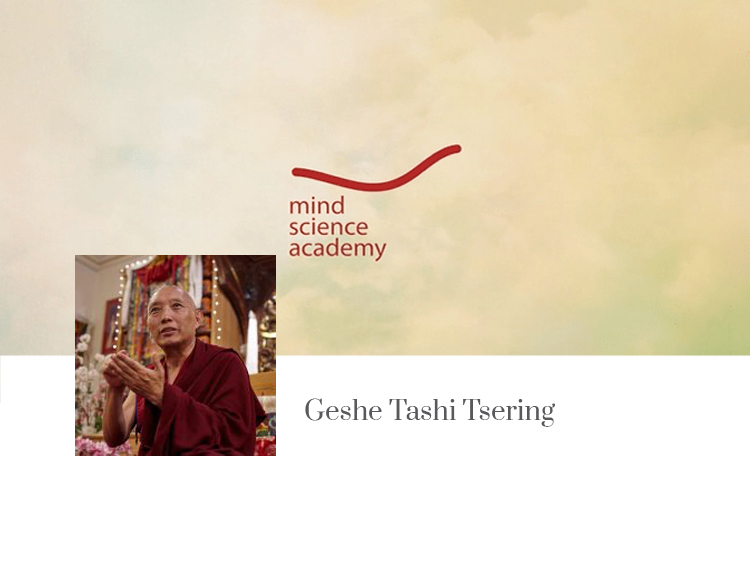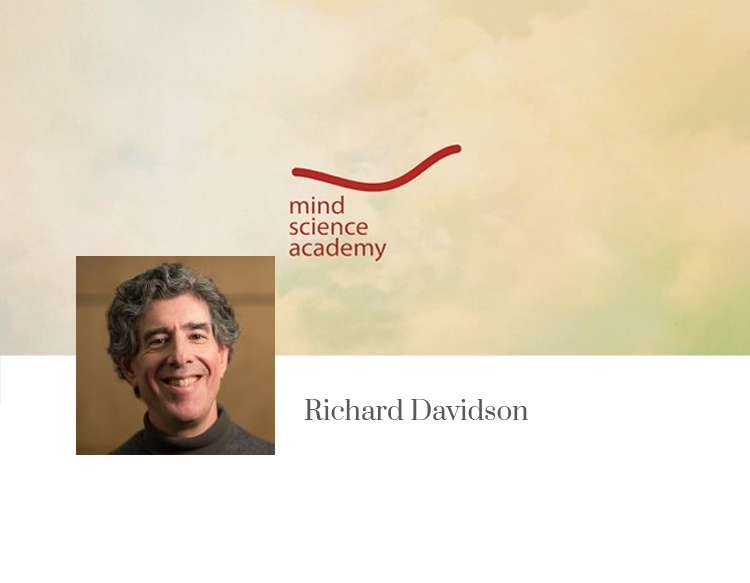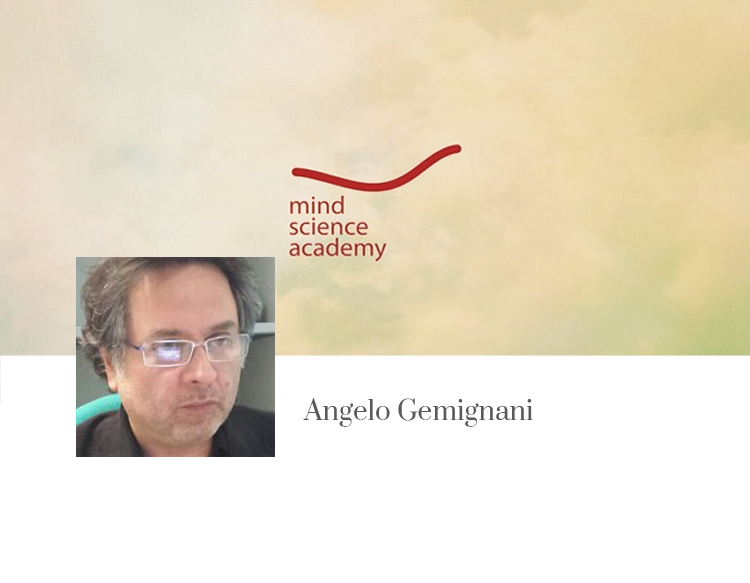It is almost a truism to say that the evidence we can draw on about subjective phenomena can never be objective. Excluding telepathy, consciousness remains an irreducibly first-person phenomenon (Searle, 1992); we have no means of obtaining objective accounts of the experience of others. first-person (Searle, 1992); we don't possess objective tools to access the experience of others (for example measuring the pain, fear or happiness of the other) which, therefore, can only be transmitted to us through a subjective report.
Even though our account of subjective mental phenomena cannot be an objective one, it can still be empirical and produce knowledge, and it is precisely upon this foundational grounds that many traditions of introspective thought articulate (from Mengzi and Aristotle in the third century a.C. to the modern project of naturalizing the mind in Descartes and Berkley). In the West, it is the birth of quantitative introspective methods in the mid XIX century that opens the way to scientific psychology. The first scientific psychologiss like Helmholtz (1856-1962), Fechner (1860-1964) and Wundt (1869-1902) tried to answer questions like: how much time ought to separate two stimuli so that they may be experienced individually? What is the minimum intensity threshold for a stimulus to be consciously perceived? What mathematical relation exists between the intensity of the stimulus and the resulting sensation? (The Weber-Fechner law happens to state that this relation is a logarithmic one). Even if, ever from the beginning of modern psychology, non-introspective methods have been central to its inquiry (i.e. performances on memory tests or reaction times), the initial features of the field were crucially molded by introspective thought. Later on, with behaviorism and early cognitivism, introspection would have encountered epistemological resistance in the neo-positivist fashion but even so, it would be fair to affirm that its methods were never really abandoned; Ericsson and Simon (1984-1993) employed think-aloud protocols and reports of the immediate past in their famous study of problem solving; other researchers have emphasized the role of introspective methods in the study of imagery (Marks 1985; Kosslyn, Reisbert and Behrmann 2006) and emotions (Lambie and Marcel 2002; Barrett et al. 2007); subjective or introspective reports also played a vital role in studying the neural basis of conscious activity (Rees and Frith 2007; Prinz 2012; Koch et al. 2016; Varela 1996).
In recent decades, the theme of introspection and its heuristic tools is returning insistently to the center of attention and academic debate (see for example the rise of "consciousness studies", Jack and Roepstorff, 2003, 2004) converging towards the renewed interest of the natural sciences in experience and the subjective. At the same time, all over the world, contemplative traditions approach precisely this form of introspective observation in a range of practices (and associated systems of thought) capable of transforming human experience, inducing alterations in cognitive processes and, decisively, of restoring to the first person perspective a voice in the discourse on consciousness and understanding of reality.
Cover: detail of May Picture, by Paul Klee, 1925 – The Public Domain Review


